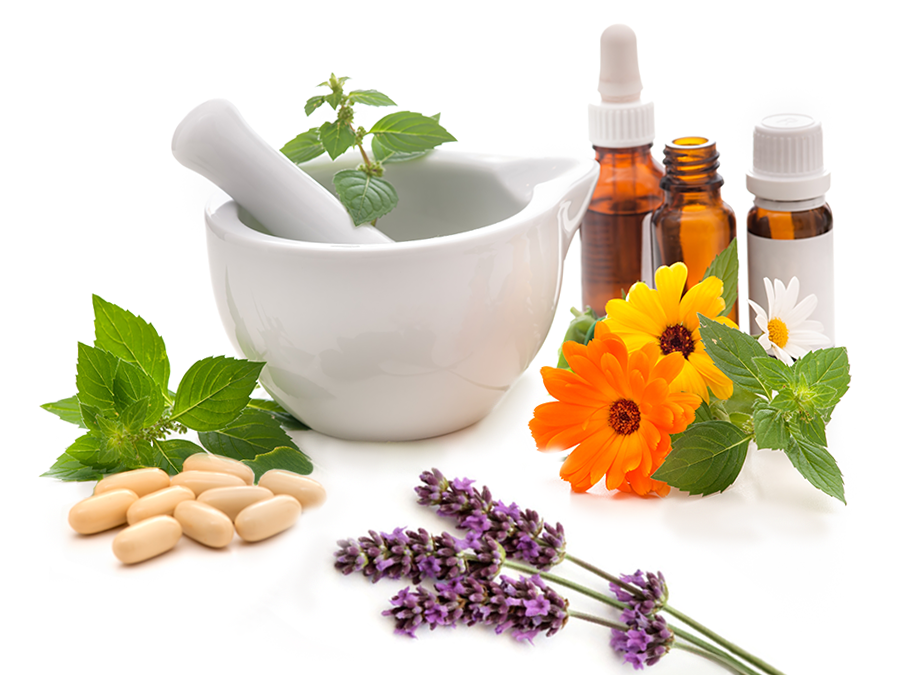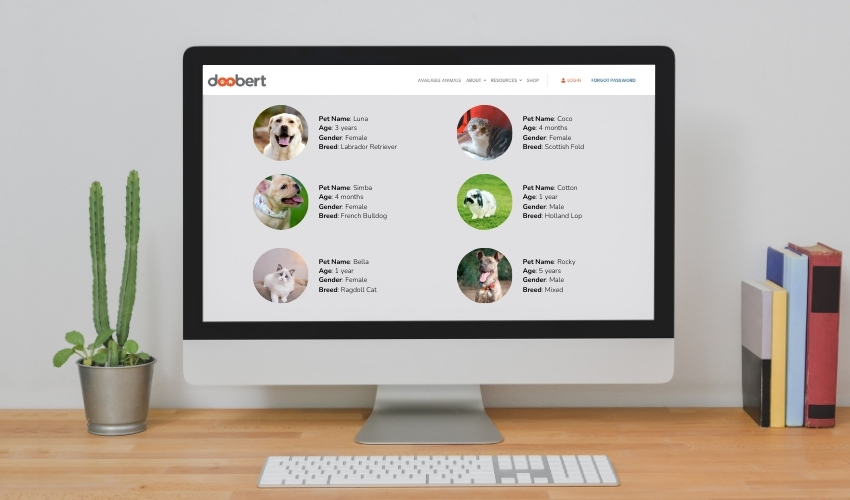Homeopathic and Herbal Options for Treating Canine Parvovirus
Are you more inclined to try home Parvo treatment remedies rather than taking your dog to an animal hospital? Maybe you cannot afford to cover the costs of a vet bill. There are many homeopathic and herbal options that you can explore alone or in conjunction with traditional treatment options for Canine Parvovirus.
One main reason people decide to try homeopathic options is due to the costly vet bills of treating Parvo at a veterinarian hospital. An animal hospital can cost thousands of dollars due to overnight stays, blood test, antibiotics, and other treatments. Parvovirus requires 24/7 round-the-clock care, and it can get pretty expensive to have an animal healthcare professional on duty.
Key Things to Consider for Treatment at Home
Keep your dog hydrated
Offer food other than kibble
Natural choices for antibiotics and supplements
Work with a holistic vet or homeopath
Fluids play an important role
Intravenous therapy (an IV) typically needs to be done at a veterinarian’s office because it requires medical skill and knowledge. The being said, you can still treat your dog at home with other therapies afterward if you chose this method. To administer an IV, a catheter is inserted directly into the dog’s vein, and fluids are administered into the bloodstream.
 Subcutaneous Fluids:
Subcutaneous Fluids:
A subcutaneous kit (Sub-Q kit) is much like an IV, however the injection does not go directly into the vein, but rather just below the layer of skin. This creates a pocket of fluid for the body to absorb. If you choose to go with this option for hydration, make sure that the fluids are warmed up to body temperature before administering them to your pet. You can purchase a Sub-Q kit online, or purchase one from your vet.
Enema Fluids:
This is one of the most common ways to give fluid at home, and the amount that you will inject will depend on the size of your dog. The heavier the animal, the more fluids you will need to administer. Consult your vet on exactly how much to administer for the size of your puppy. Enemas can either be administered with an infant enema bag, a bulb syringe or a standard clear syringe (not with a needle). Give the enema very slowly over several minutes in order to avoid the fluids coming right back out. Additionally, make sure that the fluids are at body temperature. It is very important to confirm that your dog actually needs the fluids, or else they will flow right back out no matter how slowly you go.
Oral Fluids:
The above three fluid options are only needed until a puppy can keep food and water down. Parvo causes frequent vomiting and diarrhea, and therefore cannot take fluids orally until the sickness subsides. Once your dog is no longer vomiting, you can try and give your dog Pedialyte. This will hydrate your dog, while also replenishing his or her electrolytes, vitamins, and minerals. Remember: you should always consult your veterinarian to determine how much of something to give your dog and to make sure that your dog can handle the substance based on their condition. Typically, it is suggested to only give small amounts of Pedialyte to your dog (a few drops).
Food
If your puppy is able to keep solids down without vomiting, you can try feeding them baby food. Make sure garlic or onion is not part of the ingredients list. Water the baby food down to make it easier to eat. Your puppy may initially refuse the food, as he or she may be nauseous and may want to avoid eating or drinking. It is important that your dog gets the nutrients and sustenance that he or she needs, so you can try feeding with a dropper.
Dogs Naturally Magazine suggests avoiding kibble that contains corn and wheat and to instead give “whole meat on the bone containing naturally occurring nutrients with maximum bioavailability. At the very least, give him a home cooked diet or a dehydrated dog food product. Kibble should be an absolutely last resort.”
Natural Antibiotics and Supplements
Paxxin (Parvaid):
![]()
![]()
Vibactra Plus:


PetAlive Parvo-K™ for Digestive Harmony:
![]()
![]()
Probiotics:


















